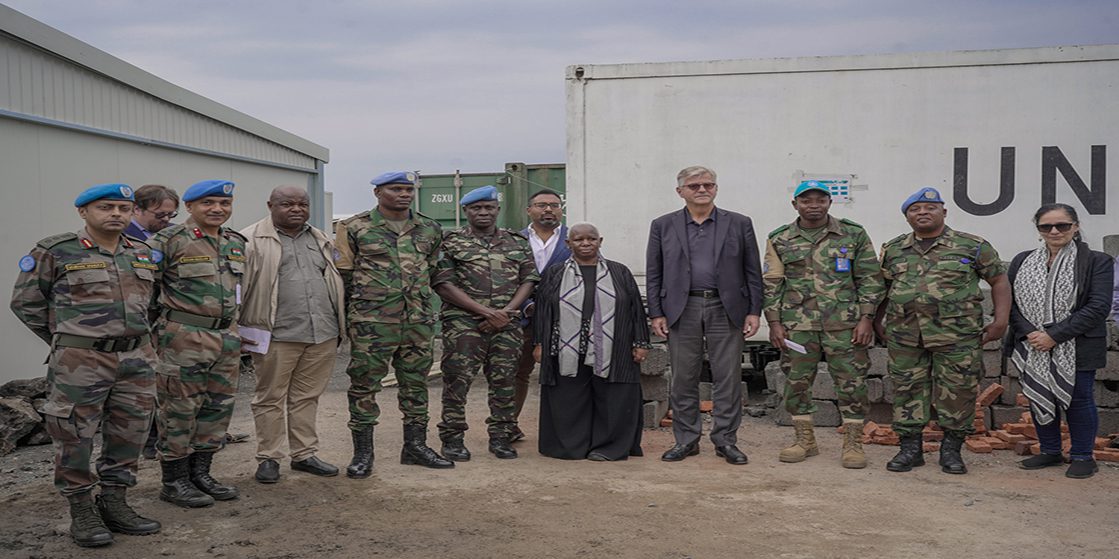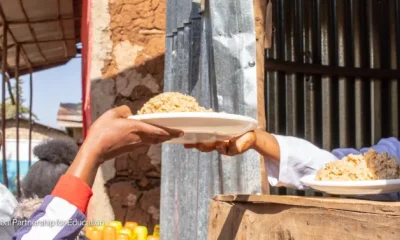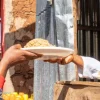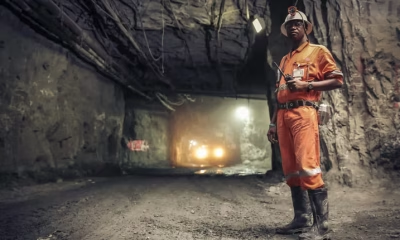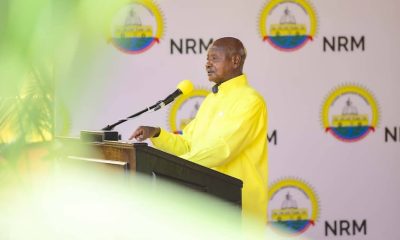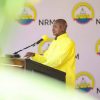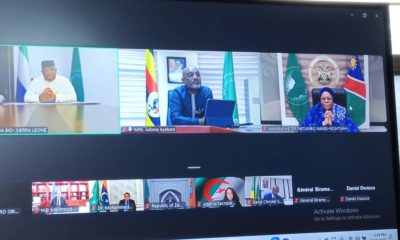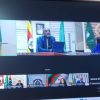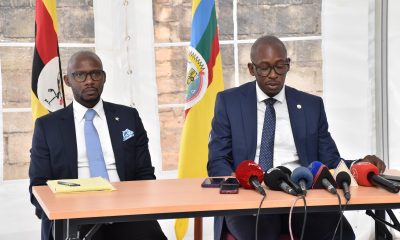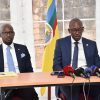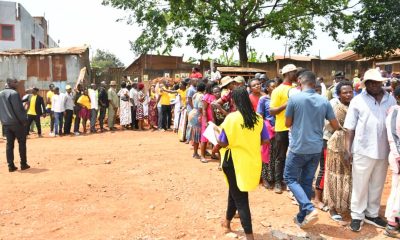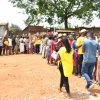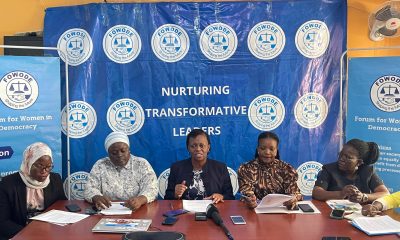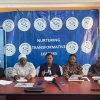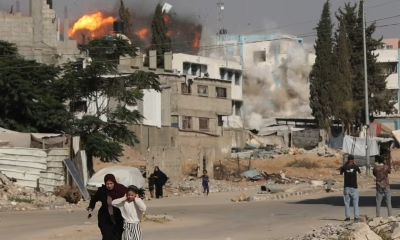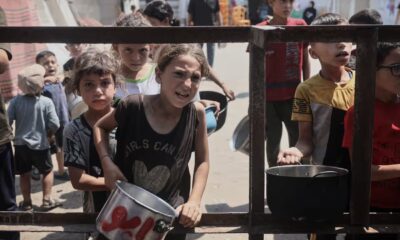Politics
Why M23 withdrew delegation from Qatar
The March 23 Movement (M23) rebels have withdrawn their delegation from peace talks in Qatar’s capital, Doha.
Mediated by Tamim bin Hamad Al Thani, President of Qatar, the peace talks started in April with both parties agreeing to recommendations of respecting an effective ceasefire, immediate cessation of hostilities, categorical rejection of all hate speech and intimidation, and address the root causes of the ongoing crisis as well as the modalities for ending the conflict in the eastern territories of the DR Congo.
Both parties also agreed to call on the Congolese religious leaders and the media to support and spread the message of hope and peace. M23 rebels had also been asked to vacate territories under their control as a gesture of goodwill.
In response, the rebels withdrew from Walikale town and nearby areas in early April. In return, the rebels’ delegation presented the DRC government with a list of 700 detainees allegedly imprisoned for suspected affiliations with the movement, requesting their release. But the government released only five individuals, none of whom appeared on the submitted list.
However, it has emerged that the M23 rebels this week withdrew their delegation led by rebels’ Executive Secretary Benjamin Mbonimpa and Colonel John Imani Nzenze, the rebels’ intelligence chief, after the demands of both parties remained parallel.
On Friday, the rebels’ political spokesperson confirmed to the media that the delegation has withdrawn from the peace talks over the Kinshasa regime’s lack of will to pursue political avenues to resolve this conflict. Kanyuka also argues that the delegation returned following a directive from the coalition’s senior leadership after Armed Forces of the Democratic Republic of Congo (FARDC) soldiers and the coalition continued to launch attacks against M23 defensive positions as well as areas occupied by civilians in North and South Kivu provinces.
Kanyuka also argues that FARDC soldiers and coalition forces have continued to attack the Banyamulenge tribe in South Kivu province instead of observing a ceasefire. The DR Congo government has not yet released a statement about the matter.
It remains unclear if the withdrawal of the M23 delegation from peace talks will spark the resumption of hostilities between the two parties.
M23 rebels control the majority of areas in North and South Kivu provinces, including Goma, Bukavu cities, Goma international airport and Kavumu airport.
Comments



